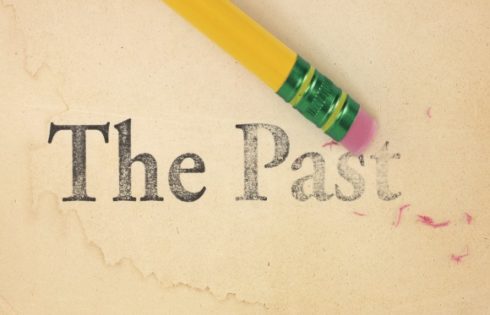
Editor’s ‘fervent hope’ is to ‘set the journal on an irrevocable course of change’
The editor of one of the most prestigious academic journals in the United States has announced a plan to set the periodical on an “irrevocable course of change” by “decolonizing” it.
Alex Lichtenstein, editor of the Indiana-based American Historical Review, wrote recently that he intends for the magazine to “take the risk of confronting its own potential complicity in the inability of the profession to divest itself fully of its past lack of openness to scholars and scholarship due to race, color, creed, gender, sexuality, nationality and a host of other assigned characteristic,” according to Inside Higher Ed.
The announcement comes after a controversy last year when the periodical published a review of a book that some argued had racist undertones, Inside Higher Ed reports.
The announcement has garnered “enormously positive response,” Lichtenstein told Inside Higher Ed, stating that the change came about due to “transformations in the scholarship itself, and by the growing significance of a younger cohort of scholars who feel that they are not fully represented in the journal.”
“[M]y fervent hope,” he wrote in the announcement, “is that by the time my editorship ends in August 2021, I will have set the journal on an irrevocable course of change.”
“As the Confederate monuments are veiled,” Lichtenstein wrote,
as the university buildings are rechristened (or not), as Rhodes falls from his majestic perch in front of the University of Cape Town, as the curriculum at Oxbridge is revamped, as we mark 1492 as a moment of genocide rather than one of discovery, as streets in Berlin are renamed after African freedom fighters rather than murderous German commanders of the colonial Schutztruppe, as European nations discover that they have a slave-trading as well as an abolitionist legacy—well, what about the American Historical Review? What has “the official publication of the American Historical Association” done to rectify decades of exclusionary practice, during which women, people of color, immigrants, and colonized and indigenous people were effectively silenced as producers of scholarship and subjects of historical study? This requires more than a well-intentioned commitment to “diversity,” which consists primarily of adding extra flavors to the stew. “Decolonization,” as the movements for the transformation of historical consciousness listed above have reminded us, is about changing the recipe altogether.
Citing the journal’s “appalling lack of diversity” over its century-plus history, Lichtenstein stated his intent to “make the journal more responsive to the exciting new voices that are challenging the historical profession to live up to its responsibilities to a diverse society.”
“The AHR should surely strive to be…transformed,” he wrote, “and to embrace the effort of shaking off the heavy burden of the profession’s past.”
Read the Inside Higher Ed report here, and Lichtenstein’s announcement here.
MORE: Yale ‘decolonizes’ English dept. after complaints studying white authors ‘actively harms’ students
Like The College Fix on Facebook / Follow us on Twitter





Please join the conversation about our stories on Facebook, Twitter, Instagram, Reddit, MeWe, Rumble, Gab, Minds and Gettr.